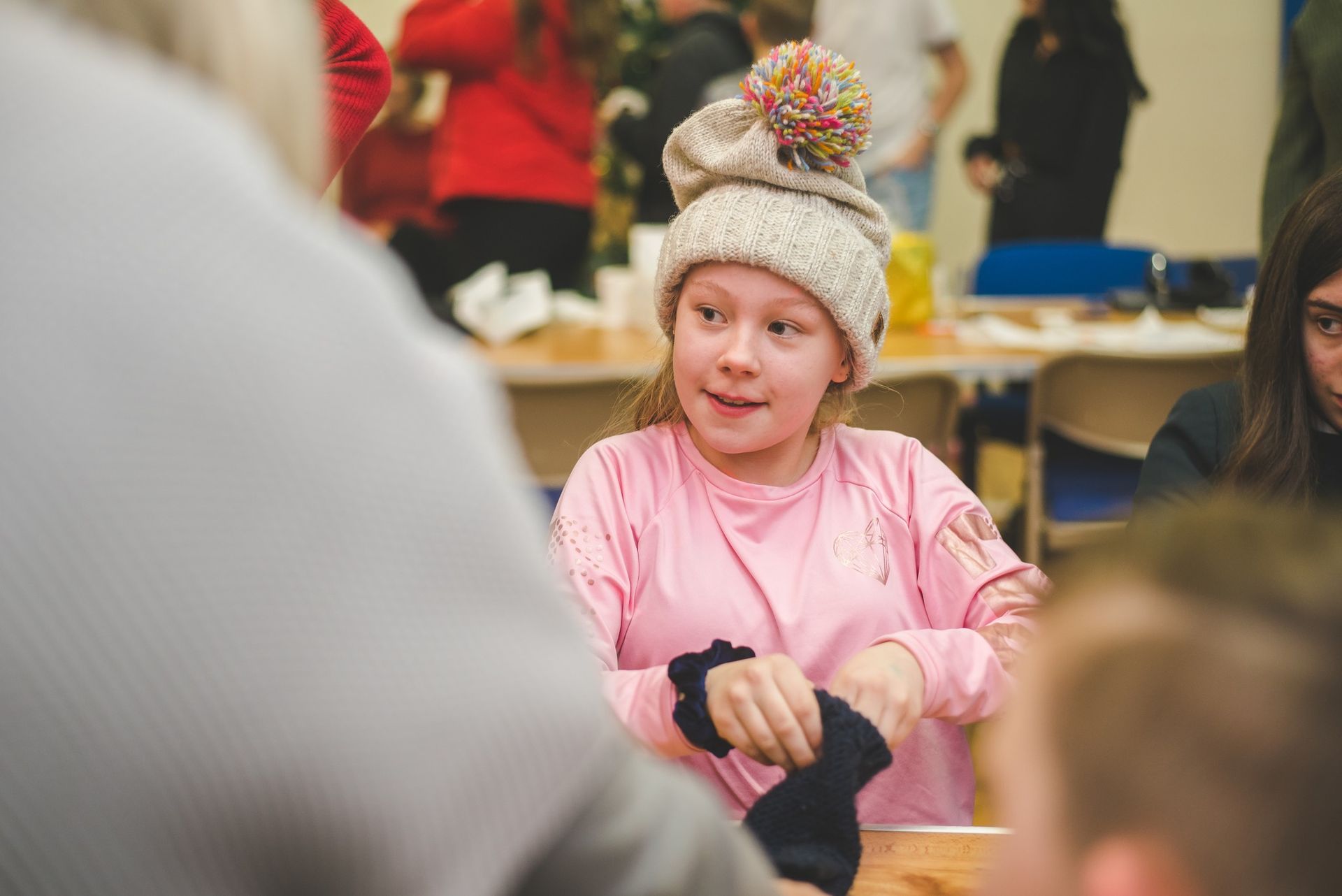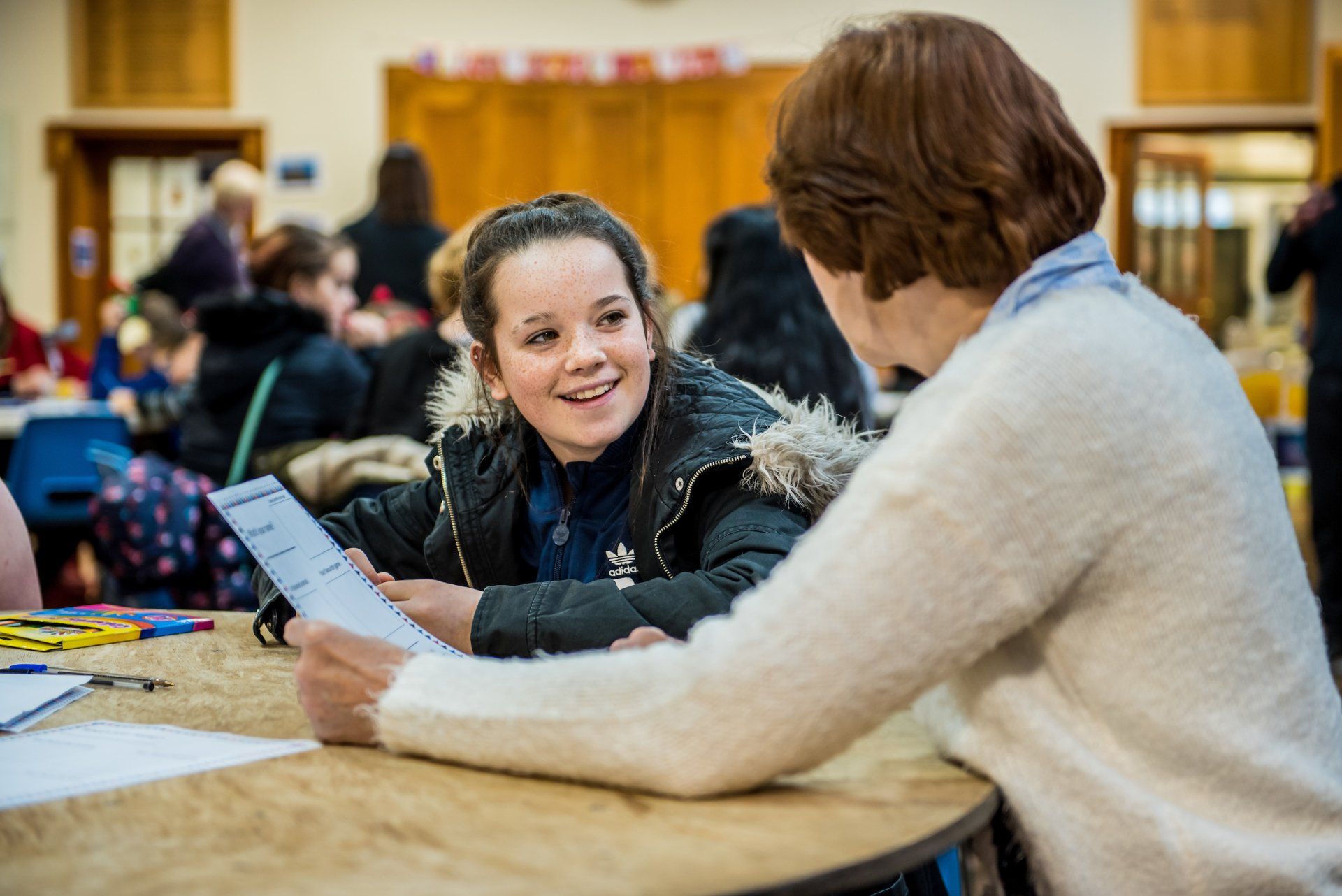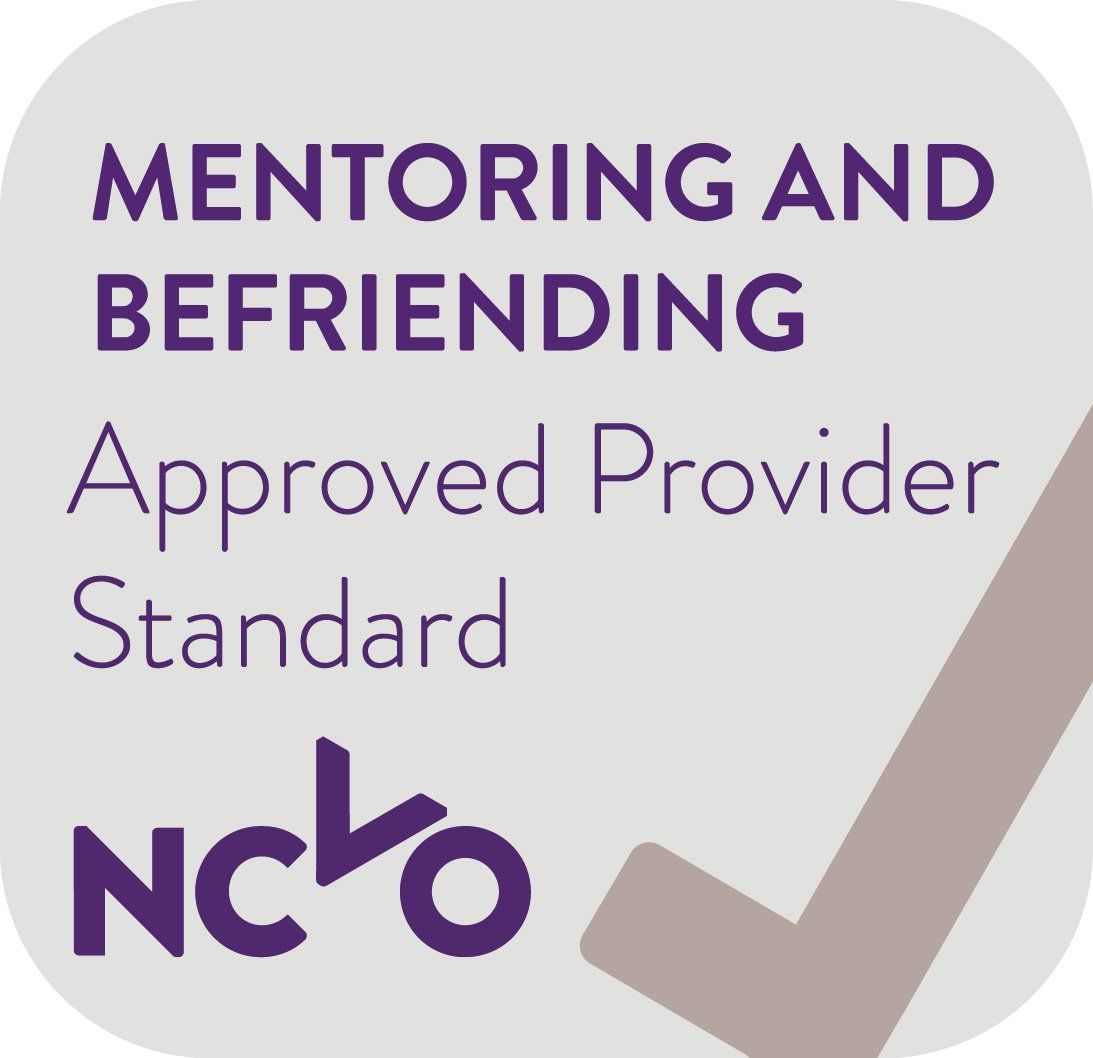How to communicate with teenagers

Adolescence is the period of transition between childhood and adulthood where physical, cognitive, social and emotional changes begin. These big changes can result in teenagers feeling disconnected from loved ones unable to open up about challenges and obstacles within their lives. As parents/carers, there are many ways that you can maintain an open and positive dialogue with teenagers as they develop, which we hope you will find useful!
Children's Mental Health Statistics in England
Statistics show that one in eight children and young people in England aged 5-19 have a mental health condition.
Without good communication, it will be tricky to understand how teenagers are feeling and thinking, especially if they are unable to put their concerns into words. That's where good and open communication is key.
How does good communication help teenagers?
Good communication with teenagers has many benefits, not does it help improve their mental wellbeing, but it can also aid them with their
- brain development
- confidence
- problem-solving skills
- conversation skills
Just like adults, teenagers all have different strengths and weaknesses there is no one-size-fits-all when it comes to achieving the perfect relationship and communication.
What will work for one family will not necessarily work for yours and, in fact, even what works for one child will not always be the right approach for another. This may seem disheartening if you are in a desperate situation to positively communicate with a teenager, however, it’s a journey every parent/carer will go on at least once, so you aren’t alone. Don’t compare yourself to those around you- you are comparing apples and oranges. There is no one right way and you will find yours.
Tips to communicate positively with teenagers
There are some key ingredients to set the foundations for good communication with teenagers. How you implement them is up to you and will most likely be a learning process.
- Your child sees how you act- try to be what you want to see in your child. You are most likely to find this difficult at times, however, that is ok. Look to take positive steps and acknowledge this in your parenting.
- Remember that just as you will want space occasionally; make it ok for teenagers to have theirs.
- It might be beneficial to familiarise yourself with the stage of development and what sort of things are their focus as it could help you to understand what they are going through. It is even better if you can have this conversation with them. Open questions such as ‘how are you doing?’ or ‘what have you been up to today?’ can give little windows into their world and show that you are listening and there for them.
- The quality of your communication is important. Give them your full attention, ask questions to learn more, be an active listener and don’t pre-judge the situation- let them tell you how it is.
- Keep communication simple- Use words they understand. Don’t try and be ‘down with it’.
- Consider your body language- do you fold your arms, turn away from your teenager, are you relaxed?
- Show your teenager that love them and accept them for them. Let you be their safe space.
- Not everything is worth a fight. Prioritise what is important and what demands what style of communication.
Most important of all is that no matter what is going on the lines of communication are open and they know it.
If you feel you’ve got the skills, room in your heart and time to listen to a child in need then do consider mentoring with us. To find out more, click here.













